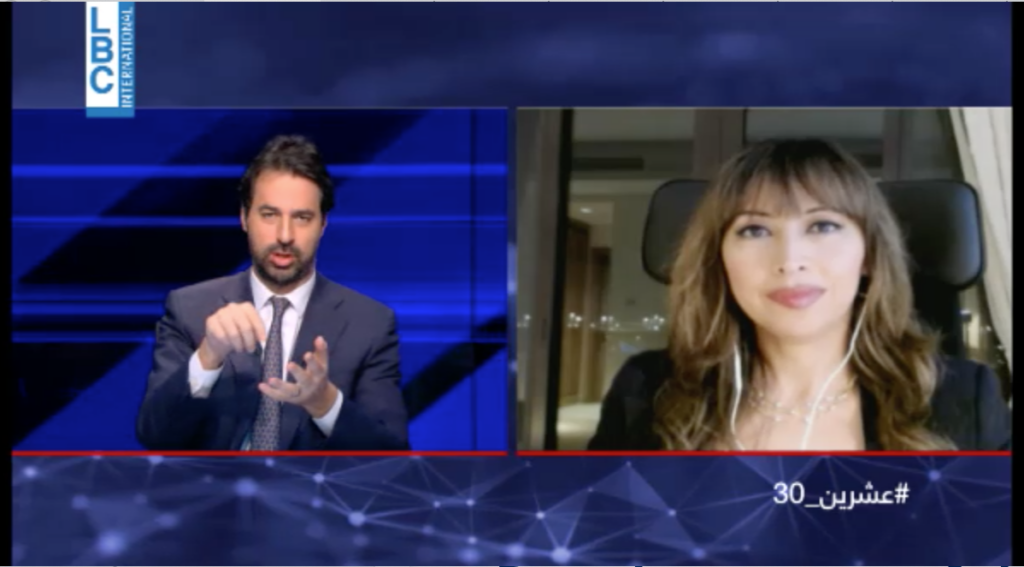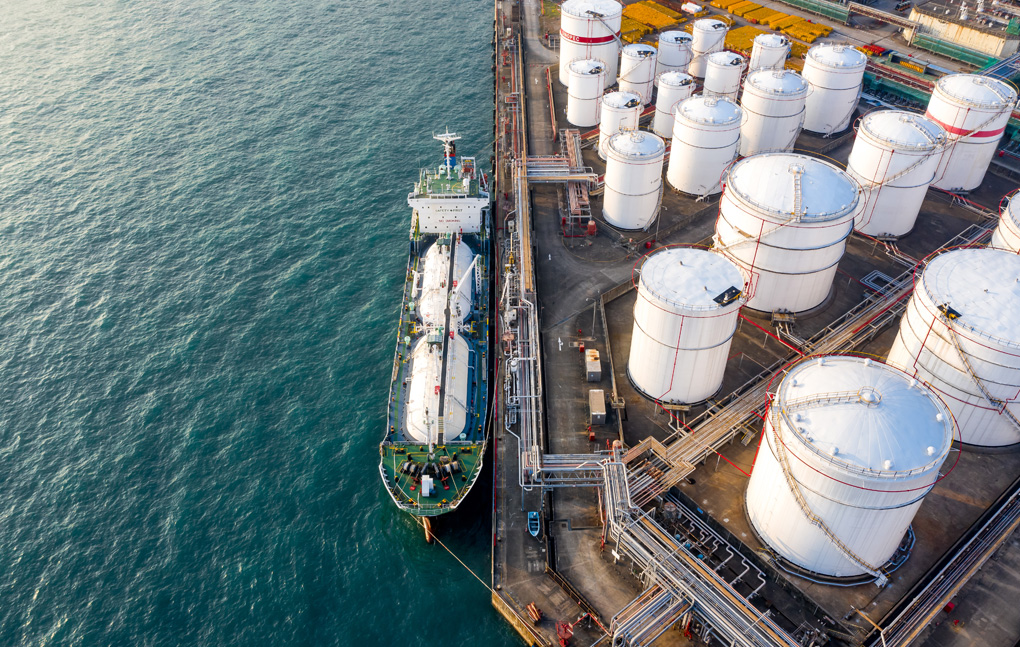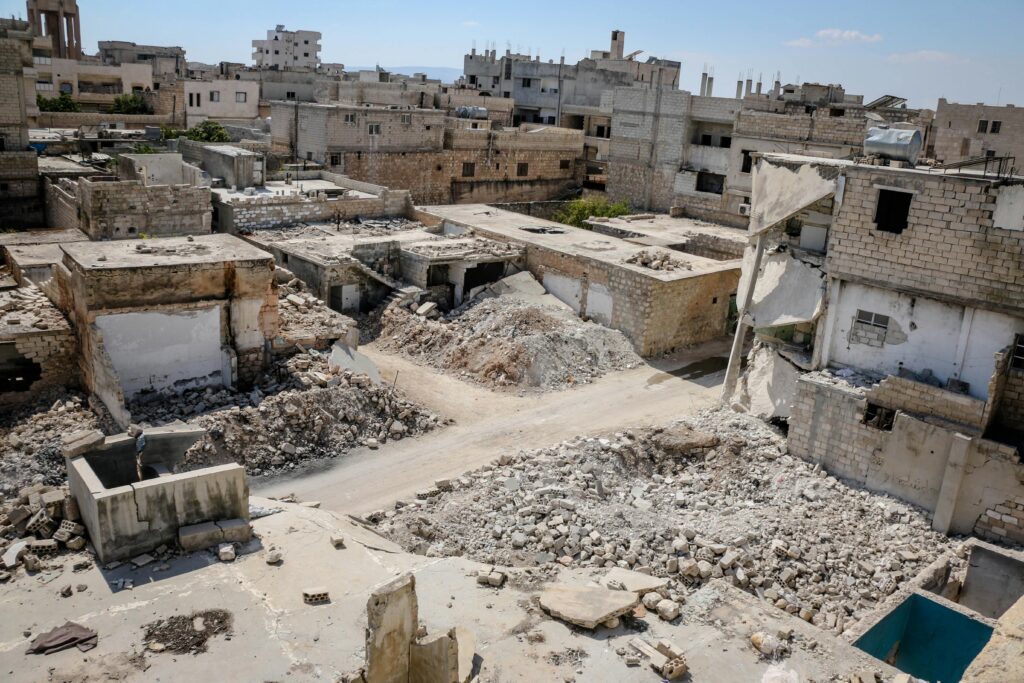In this interview given to Albert Kostanian from LBCI, Dr Carole Nakhle, CEO of Crystol Energy, discusses the latest developments of the Lebanese oil and gas sector.
Key takeaways:
- The East Mediterranean (East Med) region has proven to be a region with ample gas resources. However, not all of these resources have been translated into production as not all have been commercially viable and ongoing disputes have been occurring between various countries of the region.
- As an example, the discoveries of the East Med coincided with those of East Africa in size during the 2010s. Today, East Africa is expected to develop its export infrastructure and become a global LNG player, whereas the East Med is only leveraging existing export infrastructure in Egypt.
- Lebanese officials have called Lebanon an ‘oil country’ even though no discovery has been made to date – a typical manifestation of building unrealistic expectations which can lead to many troubles down the road.
- Some officials are urgently pushing to set up a Sovereign Wealth Fund (SWF). That makes Lebanon one of the few countries to set up such a fund before any discovery is made. For example, Norway established its SWF almost two decades after first discovery and today it is the largest of such funds and exemplary in its governance. That was partly due to its independence which is highly questionable in a country like Lebanon where such entities risk being highly politicised.
- A petroleum fund is not a prerequisite for successful oil & gas revenue management but a sound fiscal policy is.
- Non governmental organizations (NGOs) have been pushing for transparency which is good but insufficient. Without accountability, transparency alone is far from being sufficient for good governance.
- The list of poorly managed and corrupt national oil companies is much longer than the successful ones. It takes time to build a competent organisation, especially one which is state owned.
- Until a discovery is made, the geological risk will remain higher in Lebanon compared to neighbouring countries such as in Egypt, Cyprus and Israel where discoveries have been made. This will affect the willingness of oil and gas companies to invest in the country.
- The EastMed is a politically fragmented region – a major handicap to efficiently exploit its hydrocarbons potential.
- The maritime border deal between Lebanon and Israel is a positive development that decreases the geopolitical risk for the East Med region. Yet the deal does not rule out potential disputes should a discovery be made spanning both territories as both countries are still officially at war.
- Because peak gas demand is expected to be reached within the next decade, some argue that it is too late for Lebanon to exploit its natural gas resources as it could not find a market by then. That argument isn’t necessarily accurate as natural gas can always be used in the local market for electricity generation, heating and industrial activities.
Dr Nakhle was joined by:
- Wissam Chbat, Head of the Geology and Geophysics Department at the Lebanese Petroleum Administration
- Walid Sinno, Managing Director at Delta Oil International Holding
- Diana Kaissy, Member of the Advisory board of the Lebanese Oil and Gas Initiative (LOGI)
Related Analysis
“Energy Crisis: A New Dawn for Lebanon?“, Dr Carole Nakhle, Jun 2022
“Major Setback for Lebanon’s Oil and Gas“, Dr Carole Nakhle, May 2020
“The Resource Curse Hits Lebanon Without the Resource“, Dr Carole Nakhle, Feb 2020
Related Comments
“Fuel crisis in Lebanon: Will Egypt be able to provide gas for Beirut?“, Dr Carole Nakhle, Jul 2021
“Should Lebanon still pursue its oil & gas exploration activities despite the climate change challenges“, Dr Carole Nakhle, May 2021
“The Oil & Gas sector of Lebanon: What we need to know with Dr Carole Nakhle“, Dr Carole Nakhle, Oct 2020









